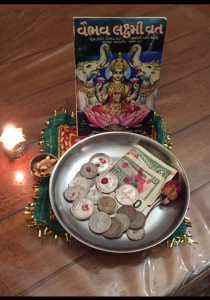Informant is a student from San Jose, California.
“So there is an urban legend about a road that cuts through San Jose called San Felipe road. It’s a street that goes on for miles across the city, so there are some areas that are very densely populated. However, if you keep on driving down the road, you will eventually reach areas that have very little people very few lights. According to stories that I’ve heard, if you keep on driving down San Felipe very late at night, there are some very creepy things that will happen.”
Tell me about what happens.
“So, if you drive down really late at night and keep on going down, eventually, you’ll reach a stretch with no streetlamps, so that only your headlights will illuminate the road. Once you reach this part, uhh, I’ve heard that a bunch of things can happen. Sometimes, if you look in your rear view mirror, you’ll see a shadowy figure, but if you turn around there won’t be anybody. Also, you might see a white van that will appear and disappear. People have reported some really strange happenings around there. I’ve heard that when you drive back to a lit area and look at your car, you’ll see hand prints on your windows and doors. It’s some really creepy shit, and I don’t think I’ll ever try it, but my friends have told me about it.”
Collector’s Comments:
I feel that stories about haunted or cursed locations are very popular, because many people pass through them and can report different occurrences. This is an example of belief being increased by context, as a person who was driving down the road and experiencing it for themselves would most likely be more afraid than someone just hearing about the story. Still, I am very interested as to why these legends are believed to occur, and if there is some back story behind the area that led to the legends.

